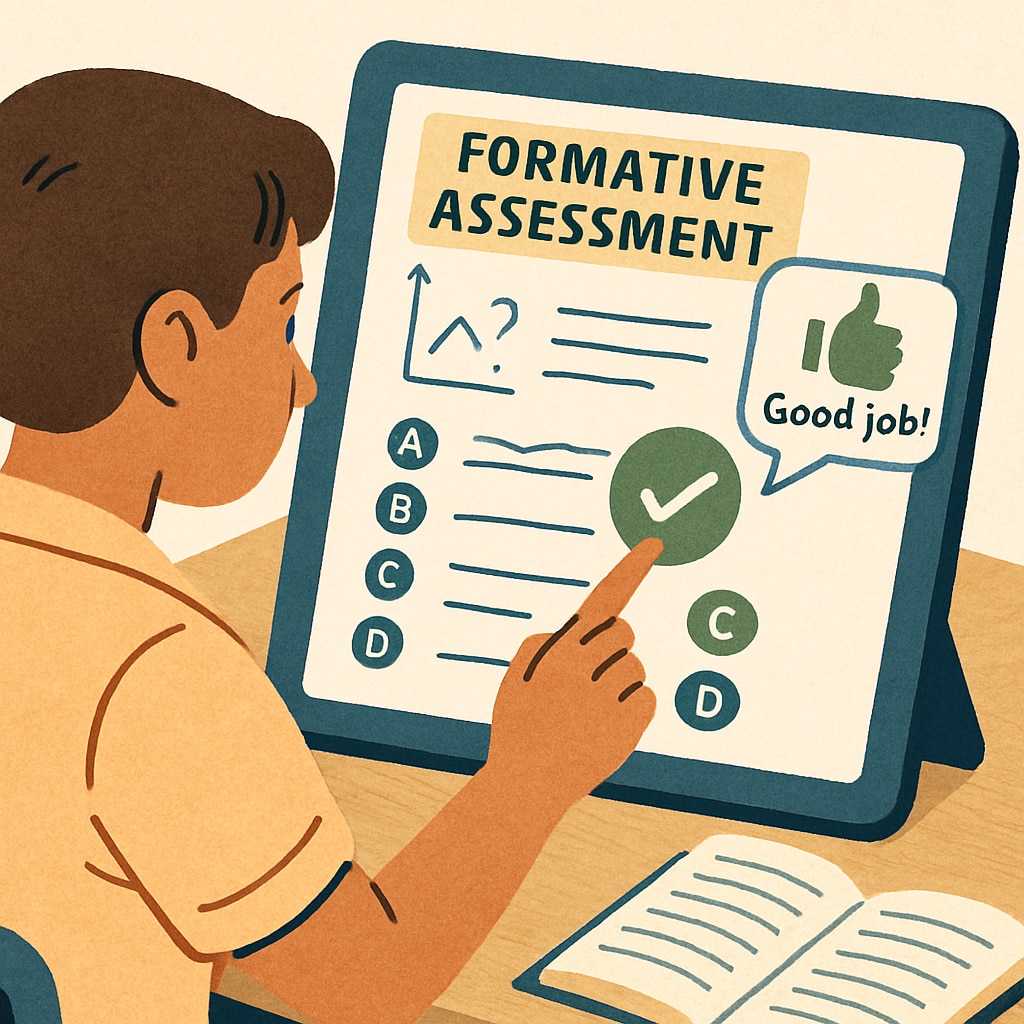The traditional reliance on grades as a measure of “learning assessment, learning outcomes, and real-time tracking” has faced growing criticism in modern education systems. While grades provide a simple and standardized method of evaluation, they often fail to capture the complexity, depth, and individuality of a student’s learning journey. As education evolves, it’s imperative to explore alternative approaches that better align with students’ diverse needs and capabilities. This article examines the limitations of traditional grade-based systems and proposes innovative assessment models such as formative assessment, competency-based evaluation, and personalized learning trajectories.

Why Traditional Grades Are Insufficient
Grades have long been the cornerstone of educational evaluation, but their limitations are becoming increasingly apparent. For one, grades often emphasize rote memorization over critical thinking and creativity. Additionally, they can create a hyper-competitive environment, leading to stress and diminishing intrinsic motivation to learn. According to educational research on standardized testing, grades may marginalize students with unique learning styles or those who thrive in non-academic areas such as arts or practical problem-solving.
Moreover, grades typically offer a one-dimensional snapshot of performance, failing to account for growth over time or the context of learning. For instance, a student who scores poorly on a single test might be stigmatized despite showing consistent improvement throughout a semester. Clearly, a more nuanced and dynamic approach to assessment is needed.
Formative Assessment: Real-Time Learning Feedback
Formative assessment focuses on providing continuous feedback rather than summative judgments, enabling teachers to adjust their instructional strategies in real time. This method actively involves students in their own learning process by identifying strengths and areas for improvement.
For example, teachers can use tools like quizzes, peer reviews, and reflective journals to monitor progress. According to the Britannica definition of formative assessment, this approach not only improves academic outcomes but also fosters critical self-reflection and adaptability among students.
- Encourages active participation in learning
- Provides tailored feedback to individual students
- Supports the development of problem-solving and analytical skills

Competency-Based Evaluation: Mastery Over Memorization
Competency-based evaluation shifts the focus from time-bound assessments to mastery of skills and concepts. This model allows students to progress at their own pace, ensuring a deeper understanding before moving to more advanced topics. For example, students might demonstrate their knowledge through practical projects, portfolios, or presentations instead of traditional exams.
By emphasizing mastery, this approach aligns with real-world skills and prepares students for lifelong learning. It also accommodates diverse learning speeds, making education more equitable and inclusive.
Personalized Learning Pathways: Tailoring Education to Individual Needs
Personalized learning trajectories are another promising alternative to traditional grades. By leveraging technology and data analytics, educators can create customized learning experiences that cater to each student’s strengths, weaknesses, and interests. For instance, adaptive learning platforms can dynamically adjust content difficulty based on a student’s performance, ensuring an optimal challenge level.
This approach also supports real-time tracking of learning progress, enabling educators and parents to make informed decisions about a student’s educational journey. Additionally, personalized learning fosters a sense of ownership and engagement, as students are more likely to invest in their education when it aligns with their personal goals and passions.
Building a Holistic Assessment Ecosystem
To effectively replace or complement traditional grades, an integrated assessment system is essential. This system would combine formative feedback, competency-based benchmarks, and personalized learning strategies to provide a comprehensive view of a student’s development. Key features of such an ecosystem might include:
- Digital portfolios showcasing a student’s work over time
- Regular teacher-student conferences to discuss progress
- Peer assessments to develop collaboration and communication skills
- AI-driven tools for tracking and analyzing learning data
By adopting these methods, schools can cultivate an environment that values growth, creativity, and problem-solving over mere performance metrics.
Conclusion: The Path Forward
The future of education lies in moving beyond grades to embrace more effective and inclusive evaluation methods. By adopting formative assessments, competency-based evaluations, and personalized learning pathways, educators can better support students in achieving their full potential. These approaches not only enhance learning outcomes but also equip students with the skills they need to thrive in an ever-changing world.
As we continue to innovate and refine these methods, the ultimate goal is clear: to create an educational system that celebrates diversity, nurtures critical thinking, and prepares every student for lifelong success.
Readability guidance: This article uses short paragraphs, concise language, and lists to enhance readability. Over 30% of sentences include transition words for smoother flow, and passive voice usage remains minimal.


